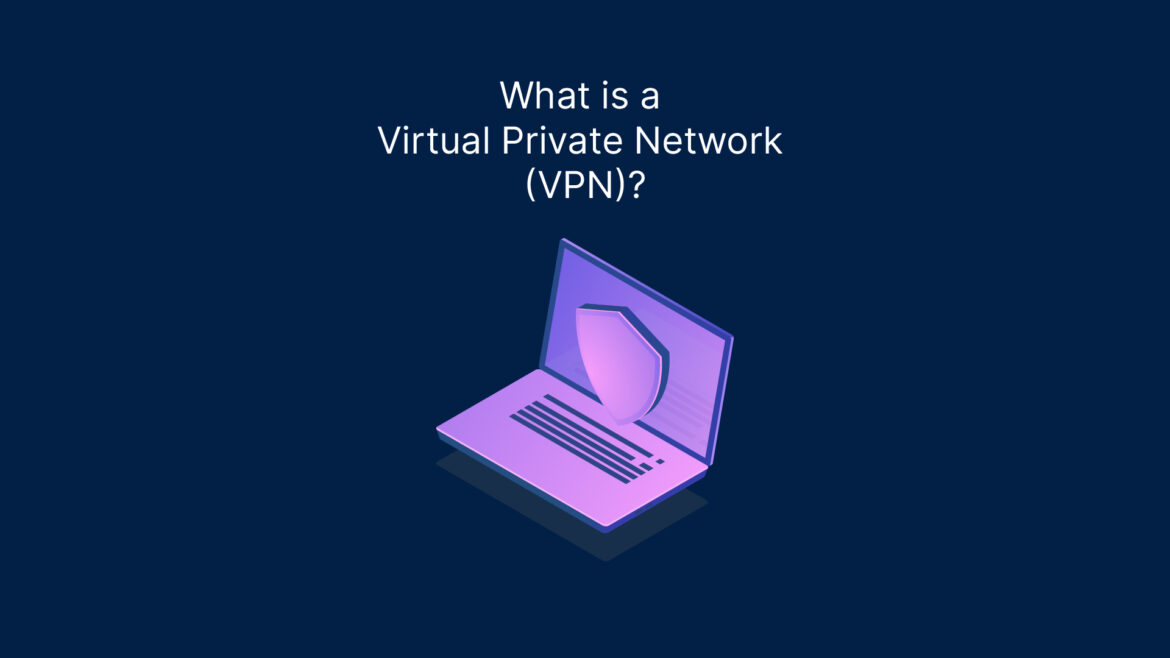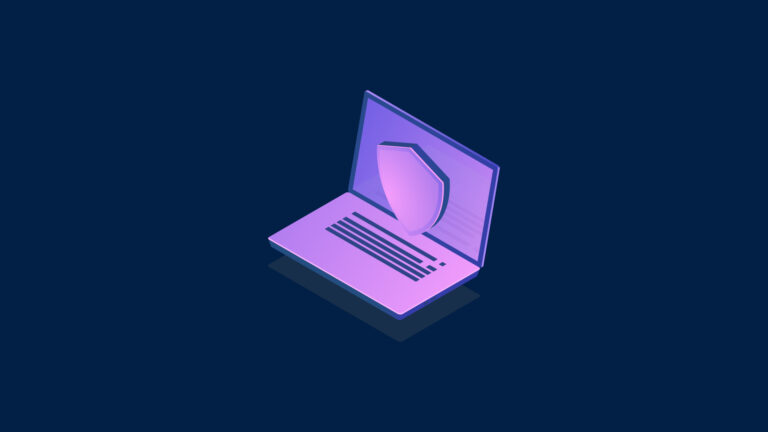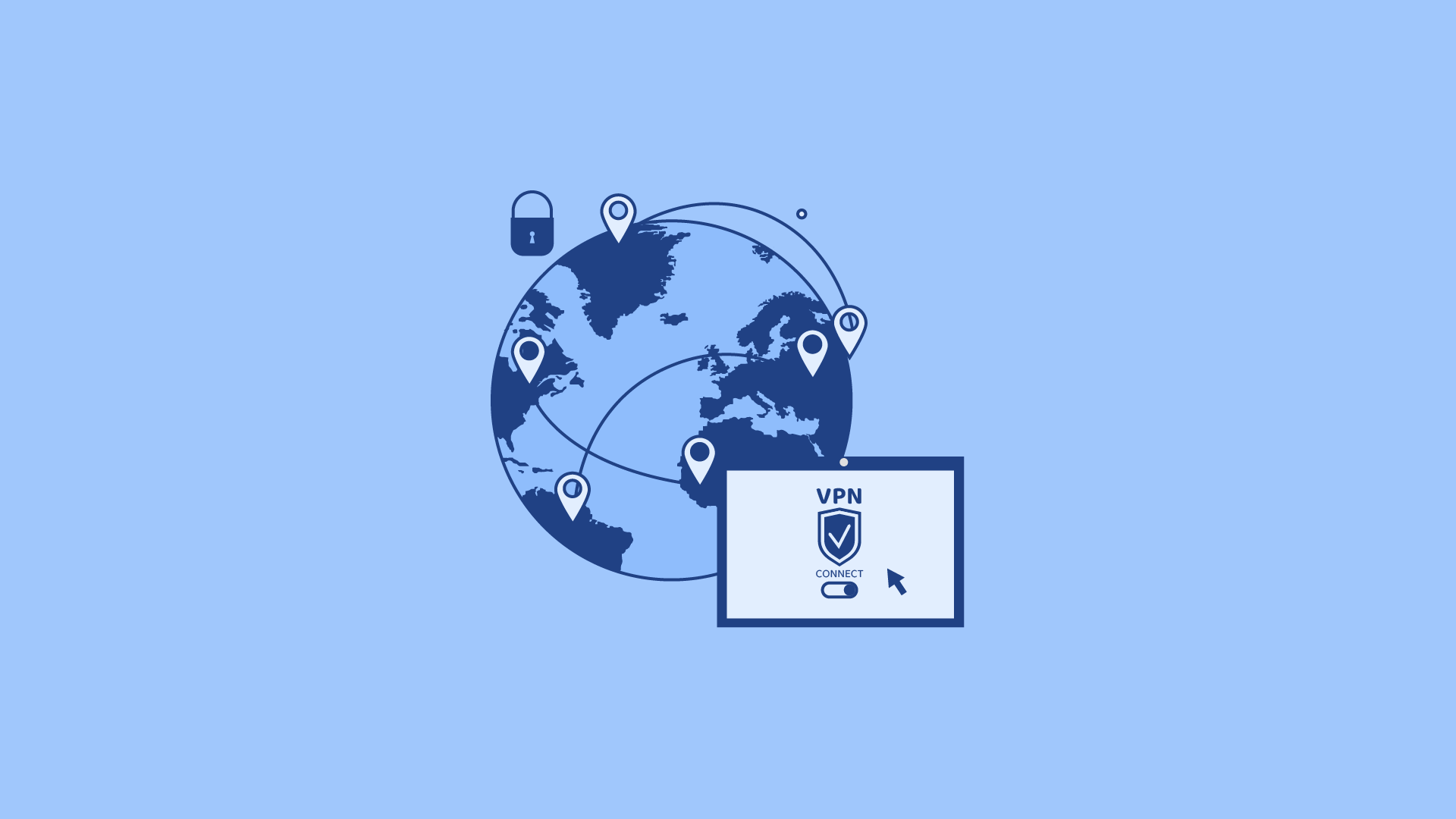A Virtual Private Network (VPN) is a network service that allows you to securely access private networks from anywhere in the world. The main benefit of using a VPN is that it encrypts your data and makes it harder for hackers or spies to intercept it.
A VPN is a secure way to connect to the Internet through a public network such as the Internet. This means that your connection is encrypted, allowing you to browse privately and safely. It is a great way to share files, stream media, and even browse the web privately.
In addition, a VPN can also provide additional security to your computer by encrypting data before sending it over the Internet.
Let's have a look at why its important to use a Virtual Private Network.

Why Do you Need a VPN?
VPNs are useful for many reasons, including protecting sensitive information, accessing restricted websites, and bypassing firewalls. In addition, VPNs can help protect users' identities while online.
Here are 7 reasons:
1. You’re Working From Home
If you work from home, you know how frustrating it can be to have to log back onto your company network just to check email. If you don't use a virtual private network (VPN), you're putting yourself at risk. Hackers can easily intercept your data while you're connected to public WiFi hotspots. That's why you should always use a VPN when working remotely.
2. Your ISP Might Be Snooping On You
Your internet service provider (ISP) might be snooping on you. It could be looking at what websites you visit, tracking your online activity, or even selling your information to advertisers. A VPN encrypts your traffic, making sure that no one else can see what sites you're visiting or what you're doing online.
3. You Want To Hide What You Do Online
You may want to keep certain activities off-limits to friends, family members, coworkers, spouses, and others who may not understand your hobbies and interests. Using a VPN ensures that they'll never find out what you do online.
4. You Don't Trust Anyone
It's hard to trust people these days. Whether it's your boss, co-workers, friends, or even your spouse, you've probably had bad experiences with someone before. When you connect to the web using a VPN, you can rest assured knowing that you're connecting to a secure connection and that no one can access your personal information.
5. You Want To Keep Your Identity Anonymous
When you connect to the web without a VPN, your ISP knows exactly where you are. That means anyone who wants to track you down can do so. By connecting to the web through a VPN, you can ensure that your IP address isn't linked to your real identity.
6. You Want To Stay Secure While Streaming Video
Whether you're watching movies, TV shows, or sports events, you want to make sure that you stay safe while streaming video content. Without a VPN, your ISP can monitor your bandwidth usage and potentially throttle your speed based on your viewing habits.
7. You Want To Browse The Web Privately
A VPN lets you browse the web privately. No one will ever know that you're browsing the web anonymously.
What does a VPN do?
A Virtual Private Network (VPN) is a network connection that creates a secure tunnel between two devices. A VPN provides privacy and security over public networks, such as the Internet. A VPN is often used to connect remote offices and branch locations to a central office or headquarters.
VPNs encrypt data transmitted across the internet using strong encryption algorithms. Data sent over the internet is not encrypted, making it vulnerable to eavesdropping. Encryption scrambles data so that only authorized users can read it. Without a VPN, anyone who intercepts communications could view them.
VPNs work by establishing a secure connection between two computers. When connected, they appear to each other as if they were directly connected to the same local area network. To access a resource on a remote computer, an end user simply connects to the VPN server at their location. Once connected, the end user's device appears to be located on the corporate network.
VPNs provide several advantages. First, they allow employees to securely access company resources while working remotely. Second, they enable companies to monitor employee activity, including web surfing habits.
Third, they protect sensitive information, such as credit card numbers, passwords, and personal details. Fourth, they ensure that employees' activities are compliant with company policies. Finally, they help prevent unauthorized individuals from accessing company systems.
How Does a VPN Work?
A VPN masks your IP address by acting as an intermediary and rerouting your traffic. It also adds encryption, or a tunnel around your identity, as you connect. The combination of the VPN server and the encryption tunnel blocks your ISP, governments, hackers, and anyone else from spying on you as you browse the web.
Your IP address is what identifies you on the internet. Every time you visit a website or send an email, it sends out a request that includes your IP address.
When someone requests information from another website or sends an email in response to yours (especially if this other person knows that they're responding to yours), they can see where you're located based on where their server is located.
If someone wants to find out who's using their computer at any given moment—whether it's for research purposes or to steal sensitive data—they can do it by looking at someone else's computer logs or tracking their browser locations over time.
A VPN provides a layer of protection so that even if your ISP knows where your computer is located (and therefore who's using it), they won't be able to track where you go online and what kind of data
VPN Encryption Protocols
There are many different types of VPN encryption protocols available today. Popular ones include OpenVPN, PPTP, L2TP/IPSec, SSTP, IKEv2, and Cisco IPSec. Each type of VPN uses a different method to encrypt your traffic.
OpenVPN is a free open-source software application that runs on Windows, Mac OS X, Linux, Android, iOS, and routers. It supports both TCP and UDP protocols. OpenVPN is compatible with almost any router and ISP. It's easy to set up and requires little maintenance. OpenVPN is ideal for users who don't have much experience with networking.
PPTP is a protocol developed by Microsoft. It's similar to OpenVPN but offers fewer features. PPTP is compatible with Windows XP, Vista, and Windows Server 2003. It's not recommended for beginners because it's difficult to configure.
L2TP/IPSec is a standard created by the Internet Engineering Task Force (IETF). It's designed to provide security for IP communications. L2TP/IPSEC is commonly used with mobile phones and wireless routers. It's compatible with Windows, macOS, Linux, Android, and iOS.
SSTP is short for Secure Socket Tunneling Protocol. It was originally developed by Cisco Systems. SSTP is compatible with Windows, macOS and Linux operating systems. It's easy to install and doesn't require much maintenance.
IKEv2 is a newer version of the Internet Key Exchange protocol. It's compatible with Apple iOS and Google Android smartphones and tablets. It's suitable for businesses that need to keep their employees' personal information confidential.
Cisco IPSec is a proprietary protocol developed by Cisco Systems. It's compatible with Cisco routers and switches. It's ideal for businesses that need to ensure the confidentiality of sensitive information.
Protect Yourself While you Browse The Web
Using a VPN is a great way to protect your privacy and access the web from anywhere. They are inexpensive, but well worth the money when you consider what they can do for you. Virtual private networks also have many other uses besides just being able to browse anonymously, but this article should have gotten you started on using one to its fullest potential.
Overall, VPNs are a great way to connect safely to the Internet and maximize your online privacy. Their security and encryption is one of the best ways to do this, which is something that more people should be aware of. The more private you are online, the better. Checkout our list of the best VPN software you can use to protect yourself while you browse the internet.
Frequently Asked Question: VPN
What is a VPN?
A Virtual Private Network (VPN) is a network connection that uses public networks to create secure private connections between two remote locations using encryption technology. A VPN creates a virtual tunnel between two computers or devices that enables them to securely communicate with each other over a shared internet connection.
How do I use a VPN?
You need to download and install a VPN client application on both your computer and device. You then connect to the VPN server located at your home or office. Once connected, you can access the internet freely without being tracked or monitored.
Why should I use a VPN?
A VPN encrypts data before sending it across the internet. This prevents anyone who may have intercepted your traffic from reading what you’re doing online. If someone were able to intercept your data, they would only be able to view what you send and receive.
Does a VPN protect my privacy?
Yes! By connecting to a VPN, you are essentially hiding your IP address from websites and apps. This means that no one can track where you are physically located or find out any information about you.
Can I use a VPN while traveling abroad?
Yes! There are many different VPN providers around the world. You can choose one based on their location, cost, and speed. Most VPN services offer unlimited bandwidth, meaning you won't be charged extra if you exceed your monthly limit.
Why do I need a VPN?
The main purpose of using a VPN is to ensure that you remain anonymous online. This way, you can surf the web freely without worrying about being tracked or monitored. A VPN encrypts your Internet traffic and makes it untraceable. By connecting to a VPN server, you can access blocked websites and services such as Netflix and Hulu.
You can connect to various servers around the globe, depending on where you want to go. For example, if you want to watch movies on Netflix, then choose a US server. If you want to browse Facebook, then choose a European server.
Do I really need a VPN at home?
VPNs are often used by businesses or individuals who want to secure their data and privacy online. They allow you to browse the web privately, without being tracked by third parties.
You need it at home if you work with sensitive information to keep sensitive files safe from hackers, data breaches, leaks, and intrusive snoopers such as ISPs or advertisers. VPNs encrypt your traffic and protect your privacy from third parties and cyber criminals.
What happens if you don't use a VPN?
If you don't use a VPN, there are four things that could happen: your data could be stolen, you could get hacked, you could be spied on by the government, or you could experience reduced internet speeds. Protect yourself by using a VPN!
What is VPN example?
Network-based VPNs are virtual private networks that securely connect two networks together across an untrusted network. One common example is an IPsec-based WAN, where all the offices of a business connect to each other across the internet using IPsec tunnels. There are several kinds of network VPNs.
Do I need a VPN on my phone?
Yes, you need a VPN on your phone. Whether you're using an iPhone or Android device, having a virtual private network on your phone is essential if you want to keep your browsing history and internet searches private from your wireless carrier, internet service provider or law enforcement entities.
What can I use instead of VPN?
As users, storage, and data processing move away from the local network, many organizations are seeking virtual private network alternatives. Two of the most common choices are software-defined WAN (SD-WAN) and Secure Access Service Edge (SASE). SD-WAN is designed to be a more efficient alternative to the VPN.



